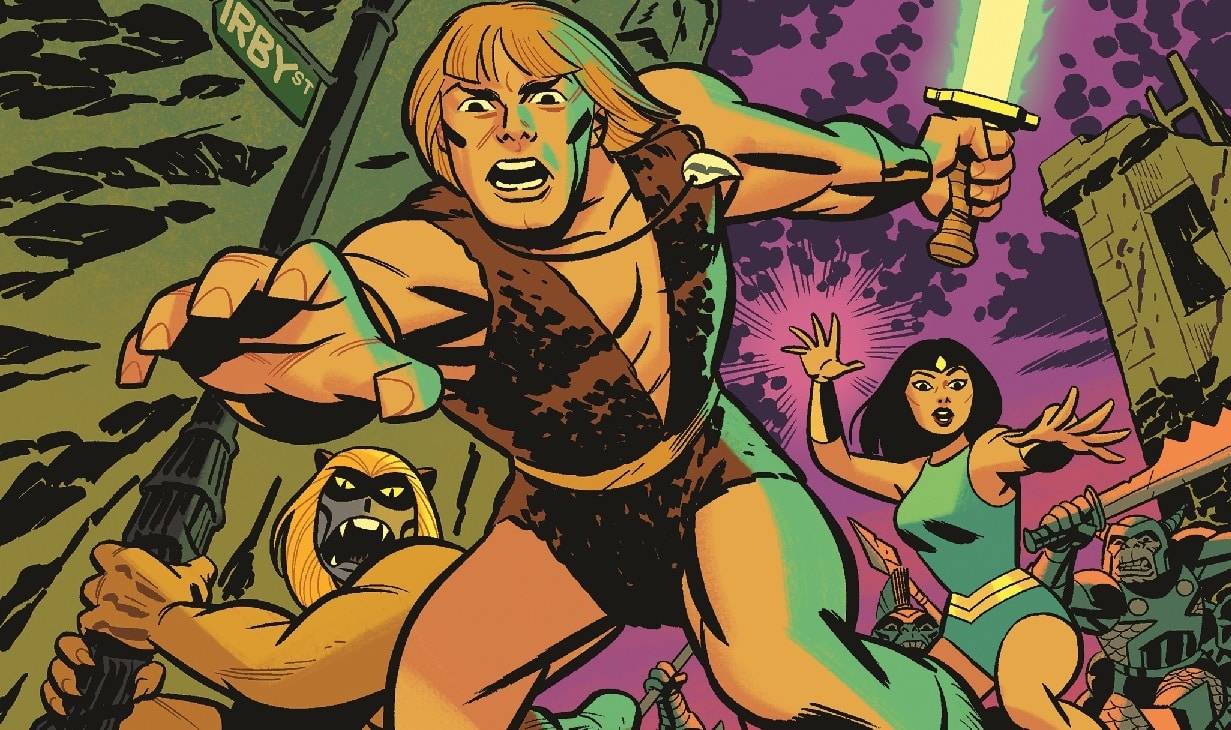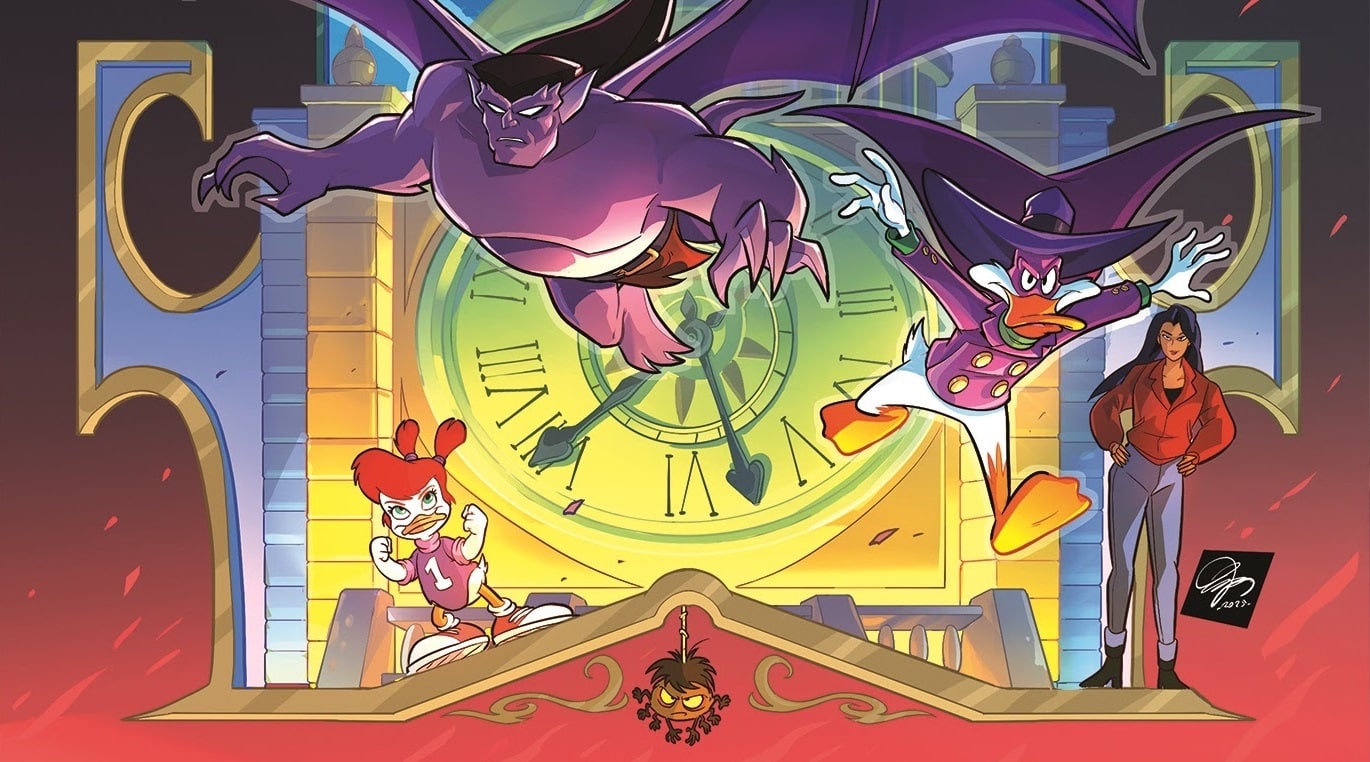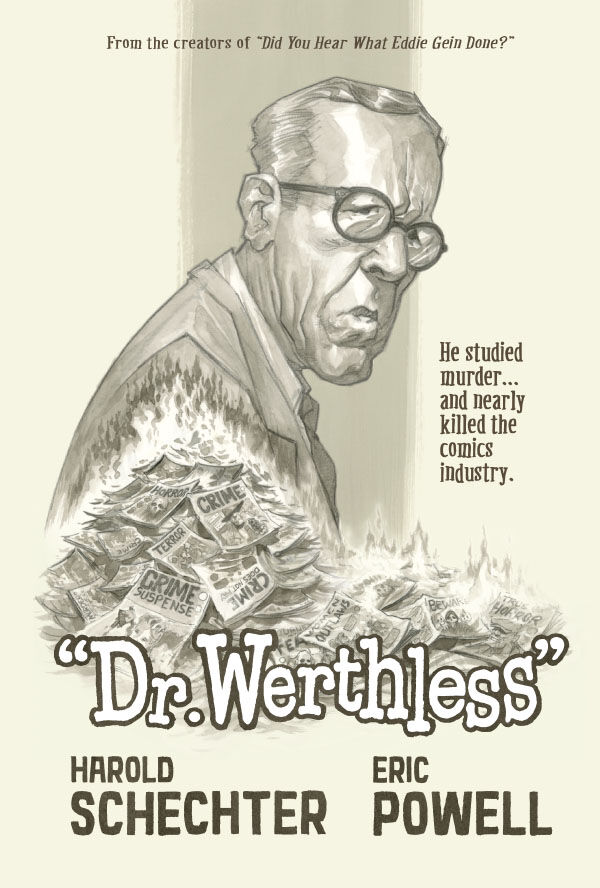
In Part 1 of this essay topic, I broadly characterized conservatism and liberalism as outward expressions of two deeper ethical systems: the Ethos of Keeping and the Ethos of Sharing. I also shared a few historical examples showing how these systems have intertwined. In this post, I will focus on how these ethical frameworks played out during two critical periods in American history: the 1960s Civil Rights era and the 21st-century era of identity politics. To illustrate, I will draw more from fictional examples than from strict historical accounts.
I noted earlier that pietistic religions strongly emphasize the Ethos of Sharing, though with varying degrees. Early Christianity, for instance, did not demand that all slaveholders free their slaves. While the Jewish tradition of Jubilee suggested that freeing slaves was benevolent, Christians were instead urged to treat slaves with charity and humanity. This conveyed a message to conservatives: “You Should Share.”

At the same time, Christianity borrowed heavily from the Old Testament, which sometimes delivered a stronger command: “You Must Share.” The Exodus story exemplifies this tension: Pharaoh’s insistence on “Keeping” the Jews as slaves was ultimately overturned by God’s will that they be freed. One might say that Pharaoh represents extreme conservatism—the belief that one must hold onto perceived property at all costs.
That said, an intermediate ethic existed among some early Christians and slaveholders, which I call “You Should Keep.” Under this view, one might free a particular deserving slave, such as Philemon releasing Onesimus in the Epistle of Paul, but without renouncing the institution of slavery as a whole. Slaveholding remained a widely accepted societal norm.

Jumping ahead to the American Civil Rights era, these ethical commands manifested clearly in political ideologies often labeled “meliorism” and “radicalism,” found on both sides of the liberal-conservative divide.
Those radical conservative swore by “You Must Keep,” reflected in efforts to ban free Blacks from education, fearing that knowledge would enable them to challenge a second-class status. In contrast, the meliorist conservative adhered to “You Should Keep,” accepting Black education within limited boundaries but still resisting broader social equality.
Among liberals, meliorists sought to work within the existing system, proving merit and advocating “You Should Share”—calling for incremental inclusion. Radical liberals demanded a complete overturning of the status quo, insisting “You Must Share,” even at great cost to themselves and the established order. This often entailed excluding others to seat only their own group and allies at the political table.
I had planned to explore fictional examples of these dynamics here, but this post is already lengthy. I will save the illustrations and further discussion for Part 3.
***
Editor’s note: In the 19th century, The Democrat party was considered one of the most conservative factions in the U.S. at the time and were unapologetically pro-slavery. The Republican party, led by Abraham Lincoln, and joined by the Whig party, were the more liberal party of the time and sought to abolish slavery.



















 English (US) ·
English (US) ·